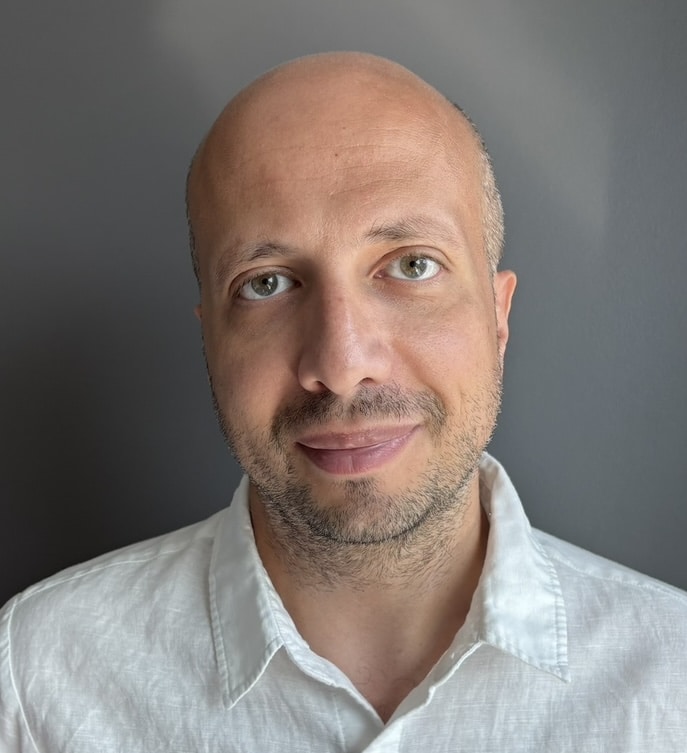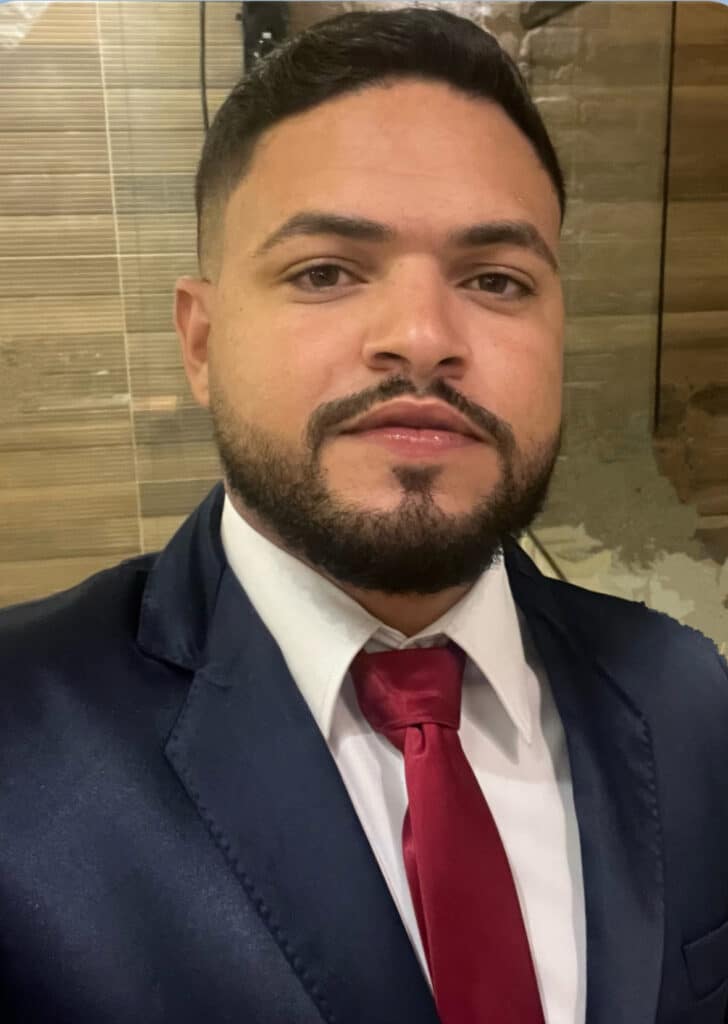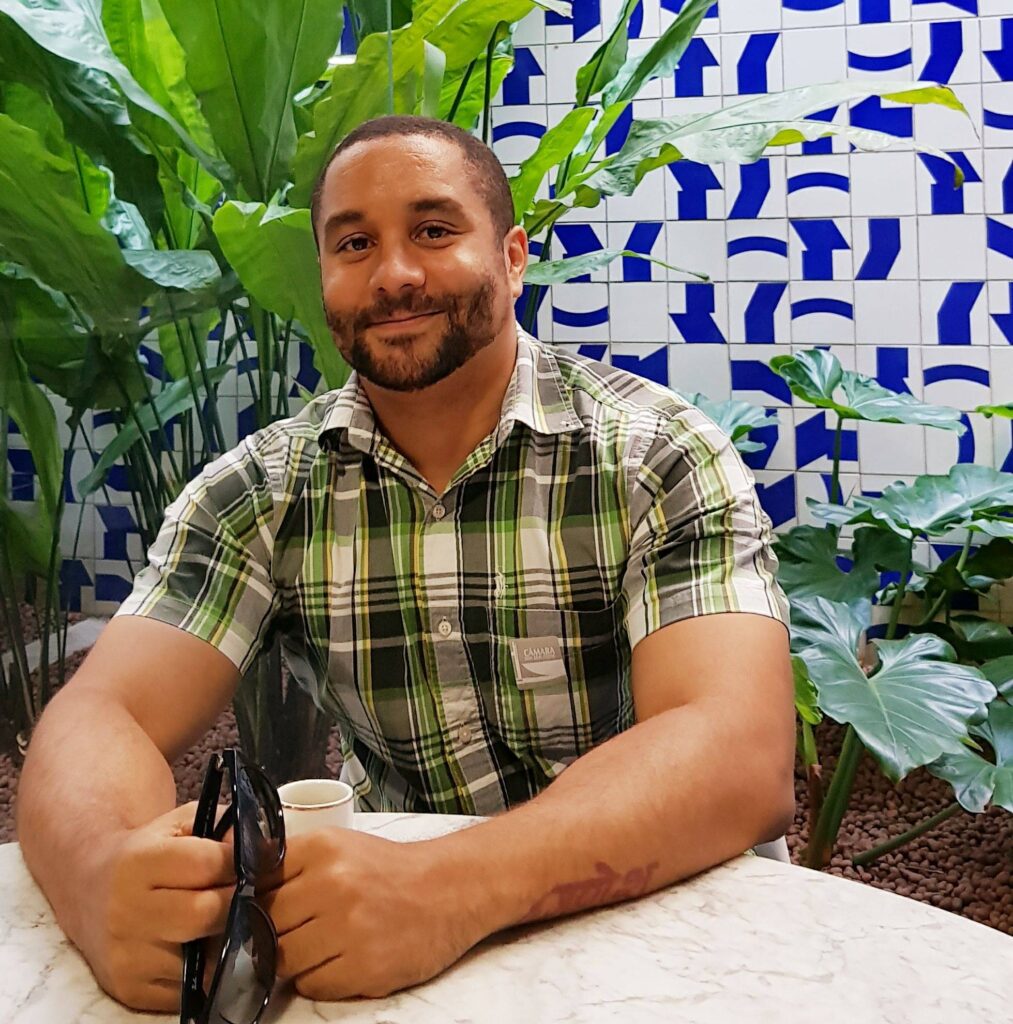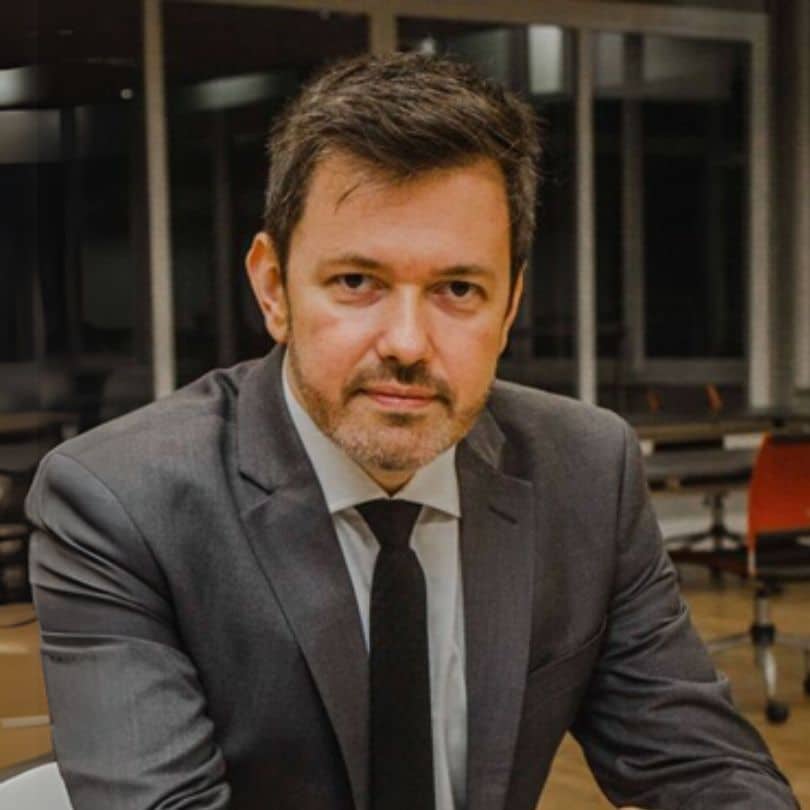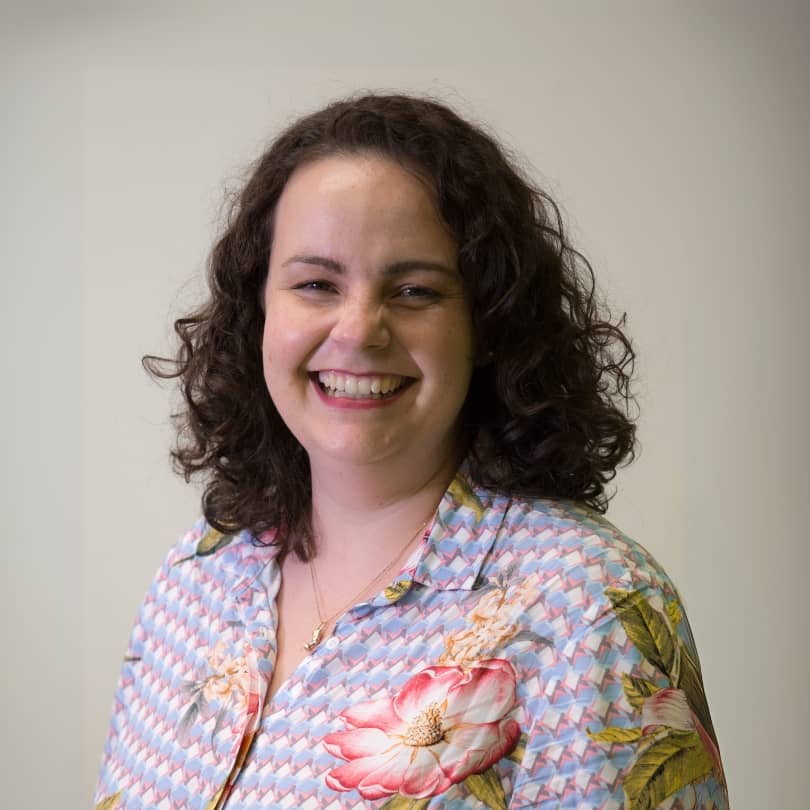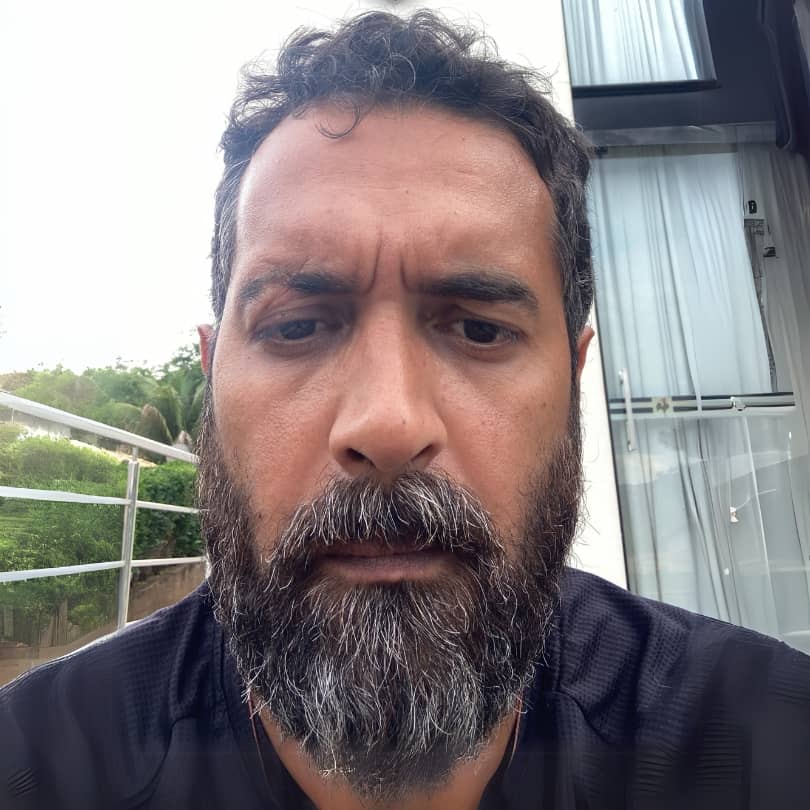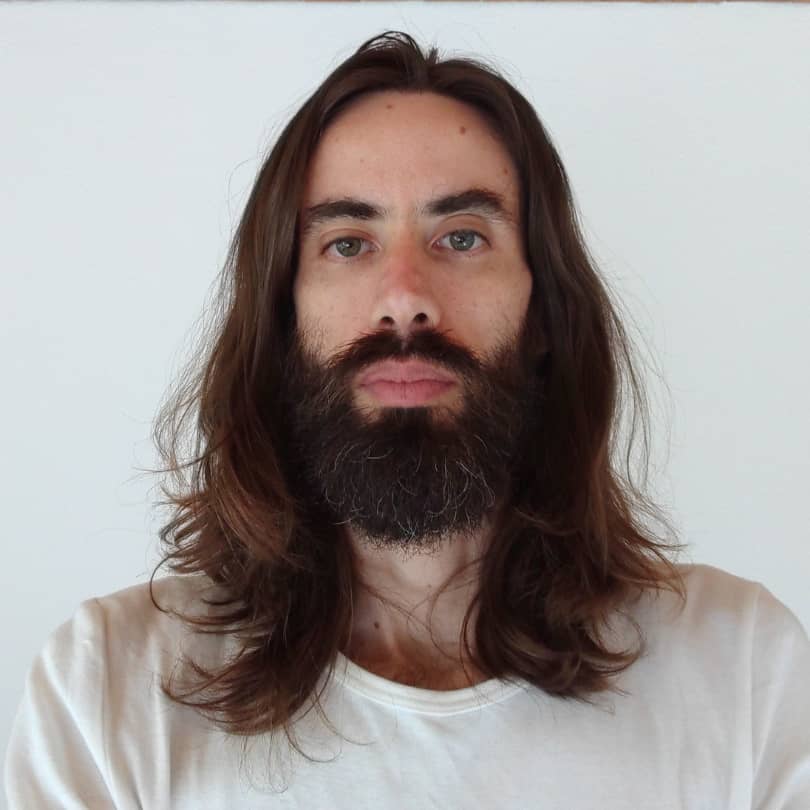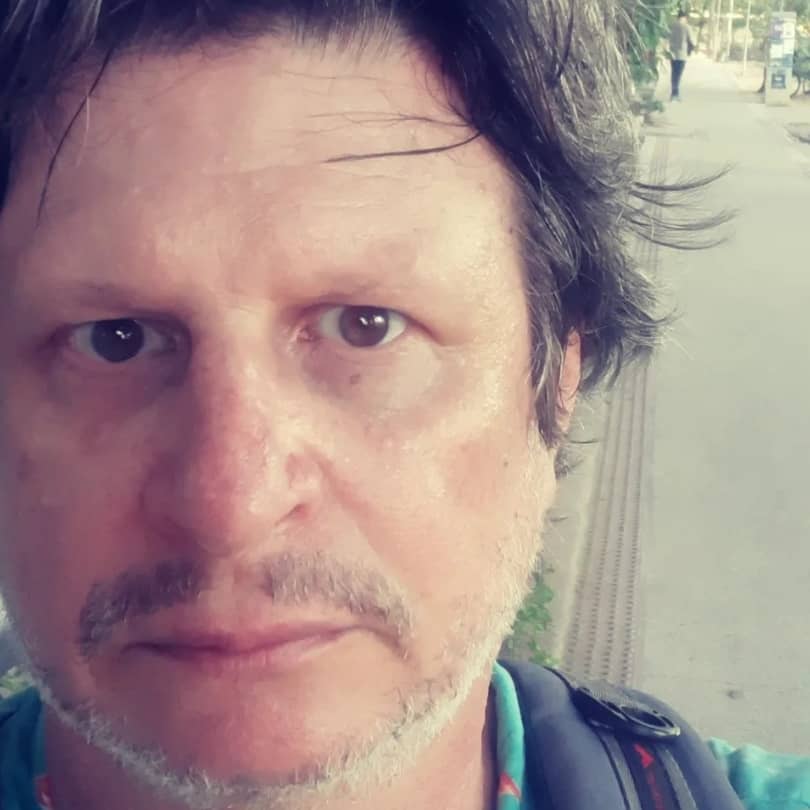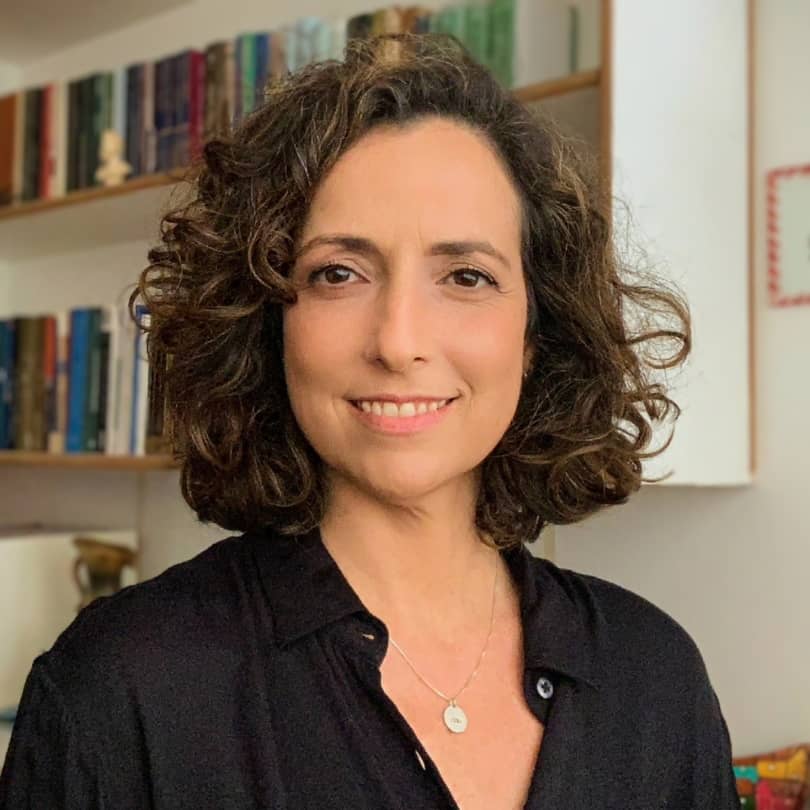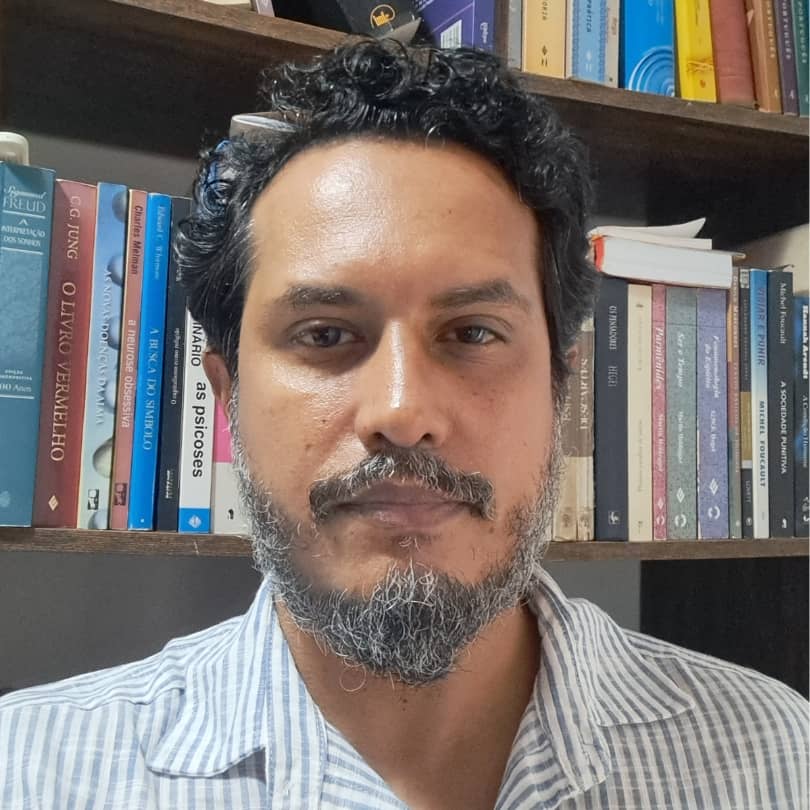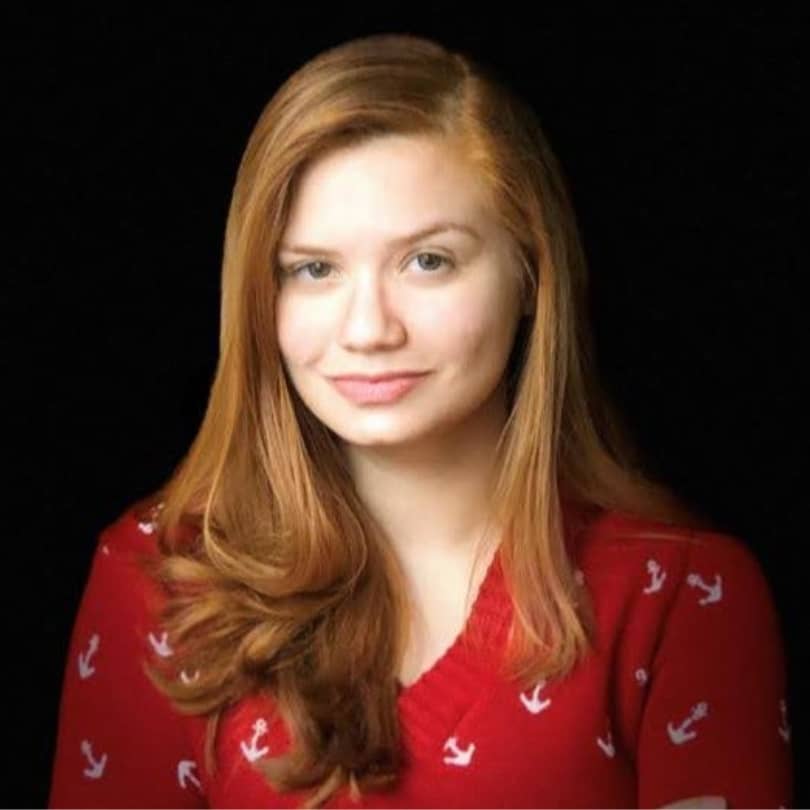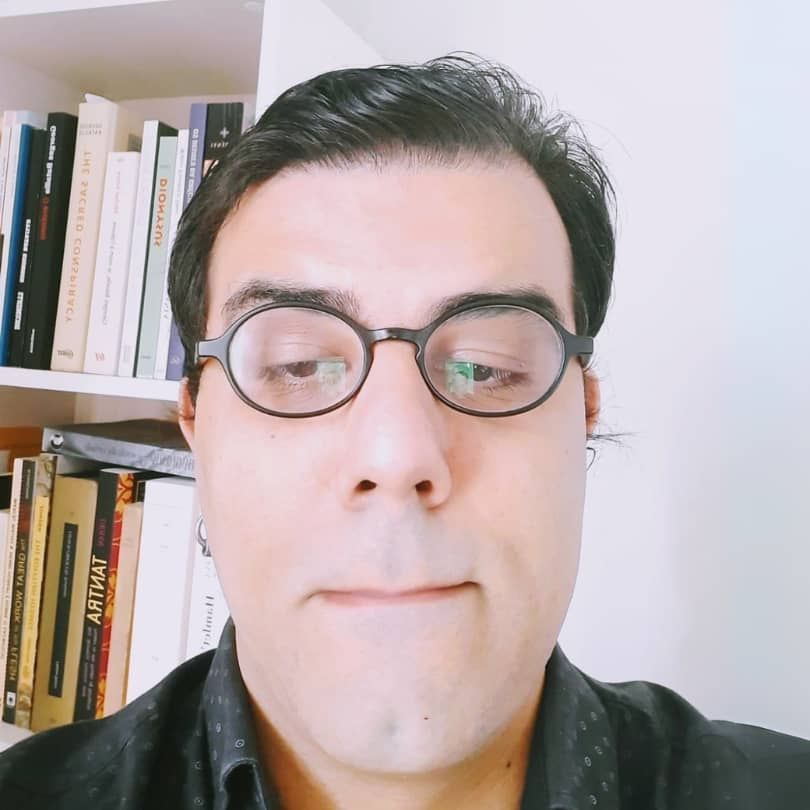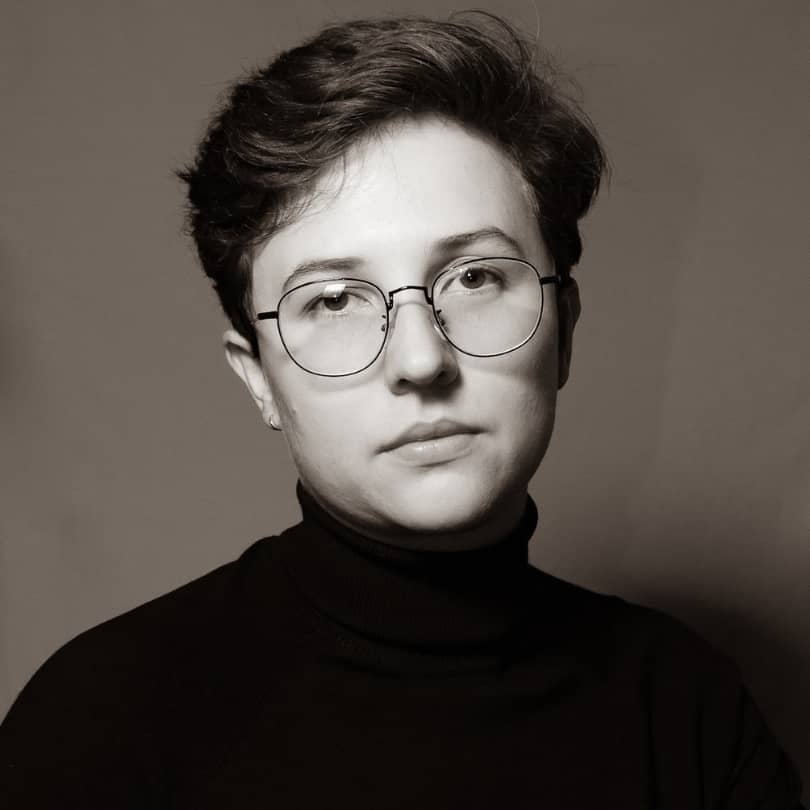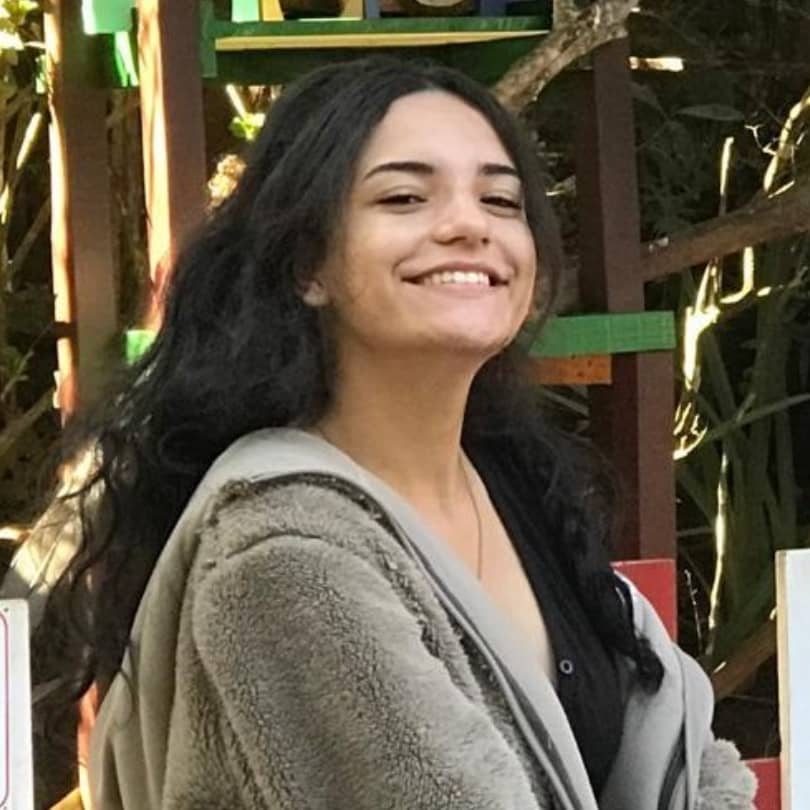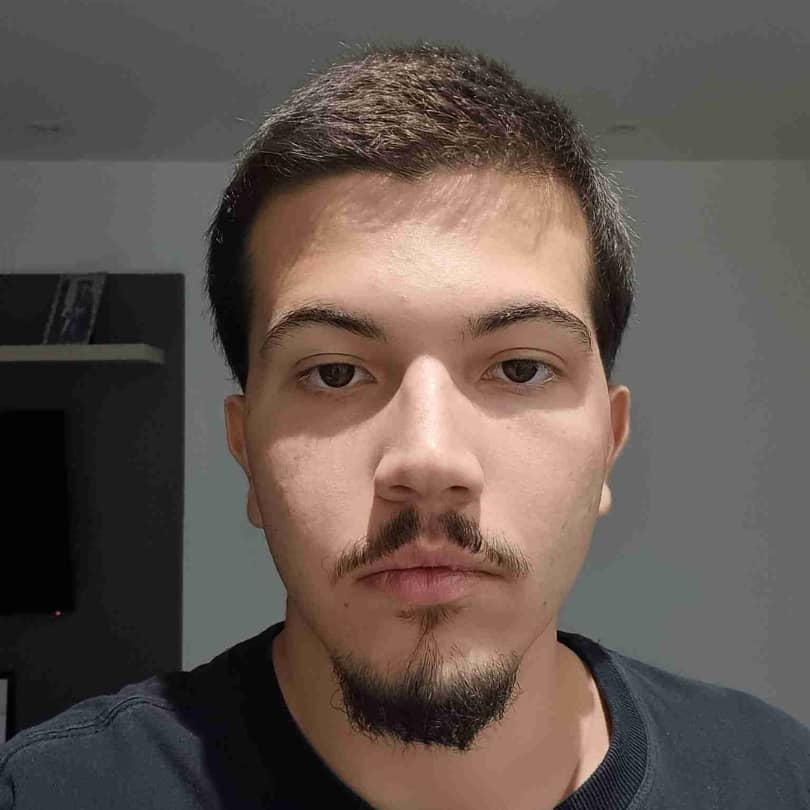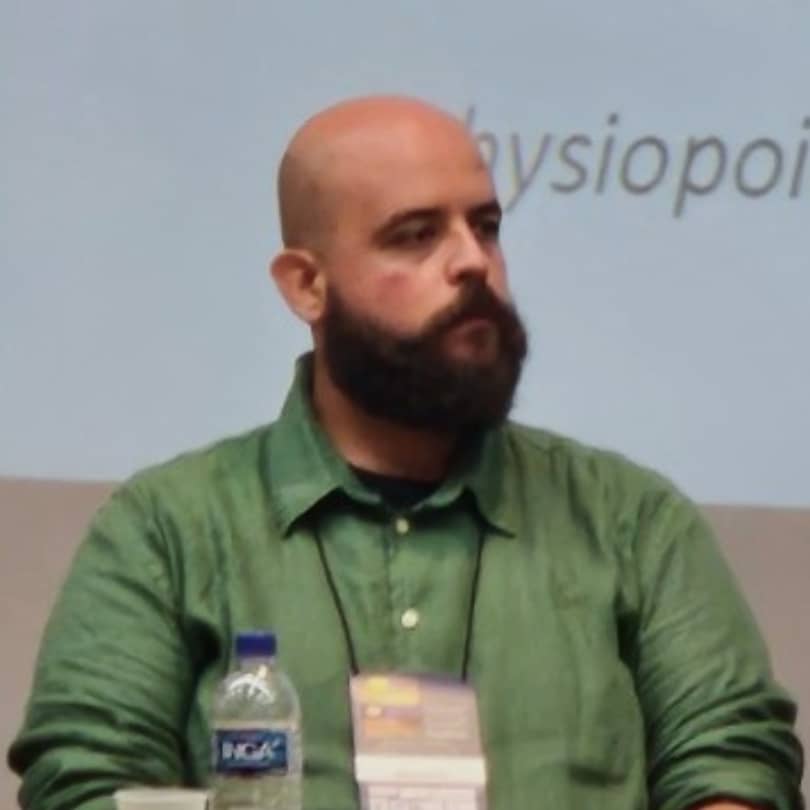Luca Pitteloud é professor de Filosofia na Universidade de Valladolid.
Ele estudou Filosofia na Université de Fribourg (Suíça), no Trinity College Dublin, na Yale University e na University of California, Berkeley. Obteve o doutorado em 2013 na Université de Fribourg com uma tese sobre a metafísica de Platão e, em 2021, obteve a venia legendi (habilitação) na mesma universidade, onde é Privatdozent. Entre 2013 e 2016 foi pesquisador de pós-doutorado na Universidade de Brasília (UnB), na Universidade Federal do Pará (UFPA, Belém, Amazônia) e na Universidade Federal do Rio de Janeiro (UFRJ). Em 2019 foi professor visitante no CNRS (Centre Jean Pépin – UMR 8230) em Paris, com o apoio de uma bolsa do Ministério da Educação do Brasil. Em 2021–2022 foi François Chevalier Fellow no Madrid Institute for Advanced Study (MIAS).
Desde 2015 é Professor de Filosofia Antiga na Universidade Federal do ABC (São Paulo, Brasil). Foi pesquisador “María Zambrano” (2021–2024) e Pesquisador Distinto (2024–2025) na Universidad Autónoma de Madrid, onde foi Investigador Principal dos projetos The Limits of Language in Ancient Philosophy (LoL) (financiado pela Agência Estatal de Investigación da Espanha, PID2022) e Figuras do Demiurgo: Estudo sobre as modalidades criativas entre teoria, arte e práxis (2023–2025, UAM – Casa de Velázquez). É também membro permanente do Programa de Pós-Graduação em Metafísica da Universidade de Brasília e membro da Cátedra UNESCO Archai. Desde 2025 é co-diretor da coleção Vestigia nas Éditions du Cerf (Paris) e integra a equipe editorial da Plato Journal: The Journal of the International Plato Society.
Suas principais áreas de pesquisa são a história da filosofia antiga (em particular o platonismo), a metafísica, a cosmologia, a lógica, a filosofia da linguagem e a inefabilidade. É autor dos livros “La séparation dans la métaphysique de Platon” (Academia Verlag, International Plato Studies, 2017), “Psychology and Ontology in Plato” (Springer, Philosophical Studies Series, 2019) e “Ordre et Désordre dans l’univers. Une étude sur l’expérience de pensée du “Timée”” (Brill, Plato Studies Series, 2024). Foi editor convidado de um número especial da revista Rhizomata (De Gruyter, 2021), resultado de um projeto de pesquisa sobre argumentos regressivos e o princípio da não-contradição, financiado pelo Newton Fund em colaboração com Matthew Duncombe (University of Nottingham). Publicou artigos em revistas e editoras internacionais como Brill, De Gruyter, Bloomsbury e Routledge. Participou de mais de 80 congressos e seminários internacionais.
Luca Pitteloud is Professor of Philosophy at the University of Valladolid.
He studied Philosophy at the University of Fribourg (Switzerland), Trinity College Dublin, Yale University, and the University of California, Berkeley. He obtained his PhD in 2013 at the University of Fribourg with a dissertation on Plato’s metaphysics, and in 2021 he received the venia legendi (habilitation) at the same university, where he serves as Privatdozent. Between 2013 and 2016 he was a postdoctoral researcher at the Universidade de Brasília (UnB), the Universidade Federal do Pará (UFPA, Belém, Amazonia), and the Universidade Federal do Rio de Janeiro (UFRJ). In 2019 he was Visiting Professor at the CNRS (Centre Jean Pépin – UMR 8230) in Paris with the support of a fellowship from the Brazilian Ministry of Education. In 2021–2022 he was François Chevalier Fellow at the Madrid Institute for Advanced Study (MIAS).
Since 2015 he has been Professor of Ancient Philosophy at the Universidade Federal do ABC (São Paulo, Brazil). He was “María Zambrano” Researcher (2021–2024) and Distinguished Researcher (2024–2025) at the Universidad Autónoma de Madrid, where he served as Principal Investigator of the projects The Limits of Language in Ancient Philosophy (LoL) (funded by the Spanish Research Agency, PID2022) and Figures of the Demiurge: A Study on Creative Modalities between Theory, Art, and Praxis (2023–2025, UAM – Casa de Velázquez). He is also a permanent member of the Graduate Program in Metaphysics at the Universidade de Brasília and a member of the UNESCO Chair Archai. Since 2025 he has been co-director of the collection Vestigia at Éditions du Cerf (Paris) and is part of the editorial team of Plato Journal: The Journal of the International Plato Society.
His main research areas are the history of ancient philosophy (especially Platonism), metaphysics, cosmology, logic, philosophy of language, and ineffability. He is the author of “La séparation dans la métaphysique de Platon” (Academia Verlag, International Plato Studies, 2017), “Psychology and Ontology in Plato” (Springer, Philosophical Studies Series, 2019), and “Ordre et Désordre dans l’univers. Une étude sur l’expérience de pensée du “Timée”” (Brill, Plato Studies Series, 2024). He has been guest editor of a special issue of Rhizomata (De Gruyter, 2021), the result of a research project on regress arguments and the principle of non-contradiction, funded by the Newton Fund in collaboration with Matthew Duncombe (University of Nottingham). He has published articles in international journals and with publishers such as Brill, De Gruyter, Bloomsbury, and Routledge. He has taken part in more than 80 international conferences and seminars.

